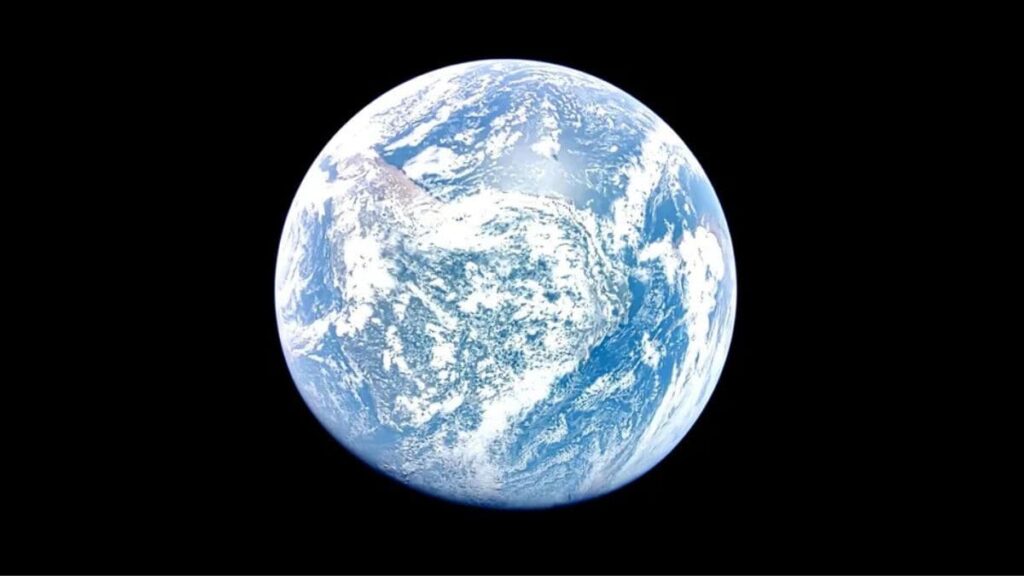The likelihood of intelligent life emerging elsewhere in the universe may not be as improbable as previously believed, as suggested by recent research. A new model proposes that the development of life on Earth was not dictated by a sequence of rare, chance events but was instead influenced by evolving geobiological conditions. It has been argued that Homo sapiens appeared at an expected point in Earth’s history, rather than as an anomaly, due to environmental factors aligning at the right time to support complex life.
Study Challenges ‘Hard Steps’ Theory
According to the study published in Science Advances, the long-standing belief that life’s evolution required a series of highly improbable breakthroughs has been questioned. The research, led by Dan Mills of the University of Munich, along with Jennifer Macalady from Penn State University and astrophysicists Adam Frank and Jason Wright, suggests that planetary conditions played a crucial role in determining the timeline of life’s development.
The study re-examined the “hard steps” model introduced by Australian physicist Brandon Carter, which proposed that intelligent life required an extraordinary number of evolutionary hurdles to be overcome. The team identified five major transitions in the history of life, including the emergence of eukaryotic cells, atmospheric oxygenation, multicellular life, and the appearance of Homo sapiens. It was suggested that rather than occurring through sheer improbability, these stages of evolution were dictated by Earth’s changing environment.
Planetary Conditions Dictated Evolutionary Timeline
Key planetary changes, such as the delayed oxygenation of Earth’s atmosphere, have been cited as evidence that evolution did not proceed randomly but was dependent on environmental readiness. Sources indicate that cyanobacteria played a crucial role in oxygen production, but conditions were not suitable for their emergence until approximately 2.4 billion years ago. It was further observed that oxygen levels conducive to complex life only became available around 400 million years ago, which aligns with the eventual appearance of intelligent species.
As per reports, experts have pointed out that if life had to wait for the right environmental conditions on Earth, similar constraints could influence the emergence of life on other planets. This perspective shifts the debate from whether life is rare to how planetary environments shape the possibilities for its evolution. While it remains uncertain whether intelligent life is common in the universe, the research challenges the idea that its development depends on a series of unlikely events.
Despite these findings, questions remain regarding the origins of life and whether biological evolution unfolded in a unique manner.


